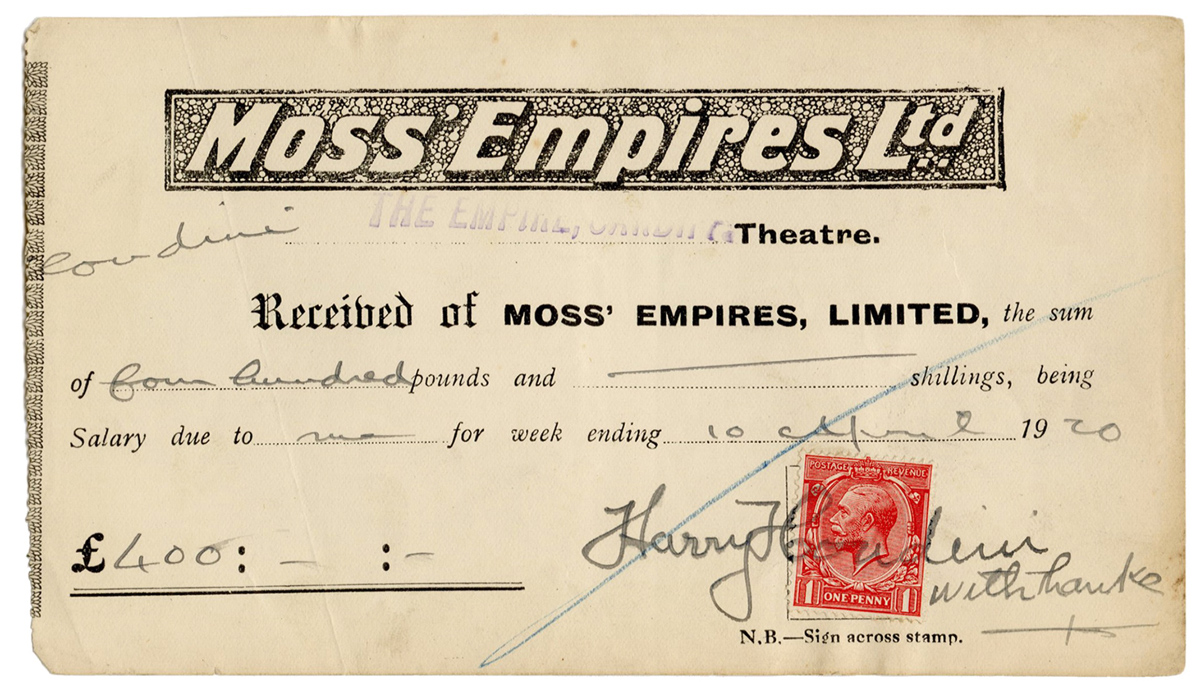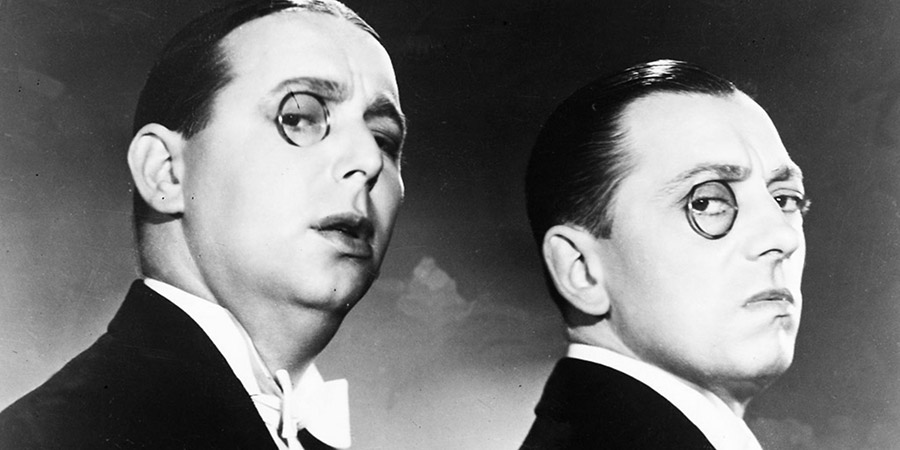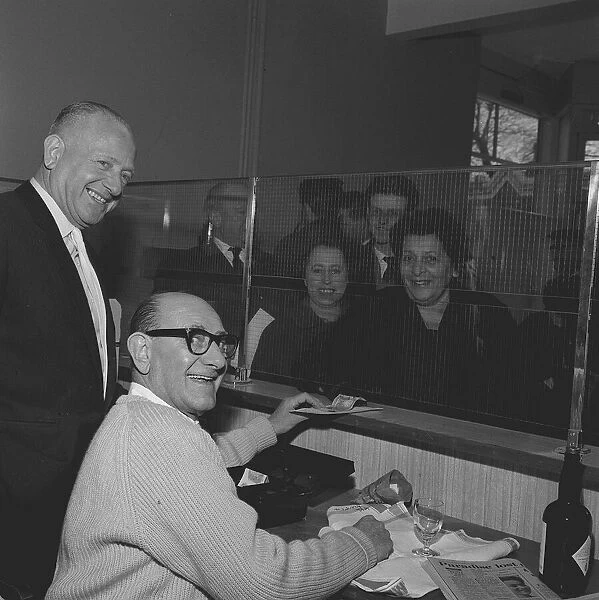Florrie Forde, Queen of the English Music Hall...
...was born in Australia on 16 August 1875. She was the sixth of the eight children of Irish-born Lott Flannagan, a stonemason, and Phoebe (née Simmons), who also had two children from a prior marriage. By 1878, her parents had separated and Phoebe married Thomas Ford, a theatrical costumier in 1888. Florrie and some of her siblings were placed in a convent. but, at the age of sixteen, she ran away to live with an aunt in Sydney. When she appeared on the local music hall stage, she adopted her stepfather's surname but added an 'e'.
According to The Sydney Morning Herald's reviewer, at one of her earliest performances in January 1892:
"In the first part the vocalists were all well received, and several had to respond to encores. The serio-comic song by Miss Florrie Ford, 'Yes, You Are,' proved a great attraction" . She toured widely in Australia over the next few years, performing both as a soubrette and as a principal boy in pantomimes.
At the age of 21, in 1897, she set sail for London and on August Bank Holiday that year, she made her first appearances in Great Britain at three music halls - the South London Palace, the Pavilion and the Oxford - in the course of one evening and became an immediate star. Forde had a powerful stage presence, and specialised in songs that had memorable choruses with which the audience was encouraged to join in. She was soon drawing top billing, singing songs such as Down at the Old Bull and Bush, ]Has Anybody Here Seen Kelly? and Hold Your Hand Out Naughty Boy:
www.youtube.com/watch?v=oYWygJSetbA
She appeared in the very first Royal Variety Performance in 1912 and, at the height of her popularity during World War I, her songs were some of the best known of the period, including Pack Up Your Troubles in Your Old Kit-Bag, It's A Long Way To Tipperary and Take Me Back to Dear Old Blighty. Theatre historian Roy Busby described her as "a fine buxom woman, splendid in feathers, sequins and tights".] She made the first of her many sound recordings in 1903 and in all made 700 individual recordings by 1936.
She ran her own touring revue company, which provided a platform for new rising stars, the most famous being Flanagan and Allen, and for 36 consecutive years she performed in summer season at Douglas,on the Isle of Man. She continued to appear in London pantomimes as a principal boy" into the 1930s, when she was in her sixties, and performed in the 1935 Royal Variety Performance. At the start of the Second World War, she planned to continue to entertain the troops. However, she collapsed and died from a cerebral haemorrhage after singing for troops in Aberdeen on 18 April 1940. She is buried in Streatham Park Cemetery.
Irish poet and playwright, Louis MacNeice, wrote of her in his poem, "Death of an Actress"
I see from the paper that Florrie Forde is dead --
Collapsed after singing to wounded soldiers,
At the age of sixty-five. The American notice
Says no doubt all that need be said
About this one-time chorus girl; whose role
For more than forty stifling years was giving
Sexual, sentimental, or comic entertainment,
A gaudy posy for the popular soul.
Plush and cigars: she waddled into the lights.
Old and huge and painted, in velvet and tiara,
Her voice gone but around her head an aura
Of all her vanilla-sweet forgotten vaudeville nights.
With an elephantine shimmy and a sugared wink
She threw a trellis of Dorothy Perkins roses
Around an audience come from slum and suburb
And weary of the tea-leaves in the sink;
Who found her songs a rainbow leading west
To the home they never had, to the chocolate Sunday
Of boy and girl, to cowslip time, to the never-
Ending weekend Islands of the Blest.
In the Isle of Man before the war before
The present one she made a ragtime favourite
Of 'Tipperary', which became the swan-song
Of troop-ships on a darkened shore;
And during Munich sang her ancient quiz
Of and the chorus answered.
Muddling through and glad to have no answer:
Where's Bill Bailey? How do we know where he is!
Now on a late and bandaged April day
In a military hospital Miss Florrie
Forde has made her positively last appearance
And taken her bow and gone correctly away.
Correctly. For she stood
For an older England, for children toddling
Hand in hand while the day was bright. Let the wren and robin
Gently with leaves cover the Babes in the Wood.
and her recording of "Hold Your Hand Out, Naughty Boy" was added to the National Film and Sound Archive's Sounds of Australia registry in 2013:
www.youtube.com/watch?v=PtWC5L1sXt8







